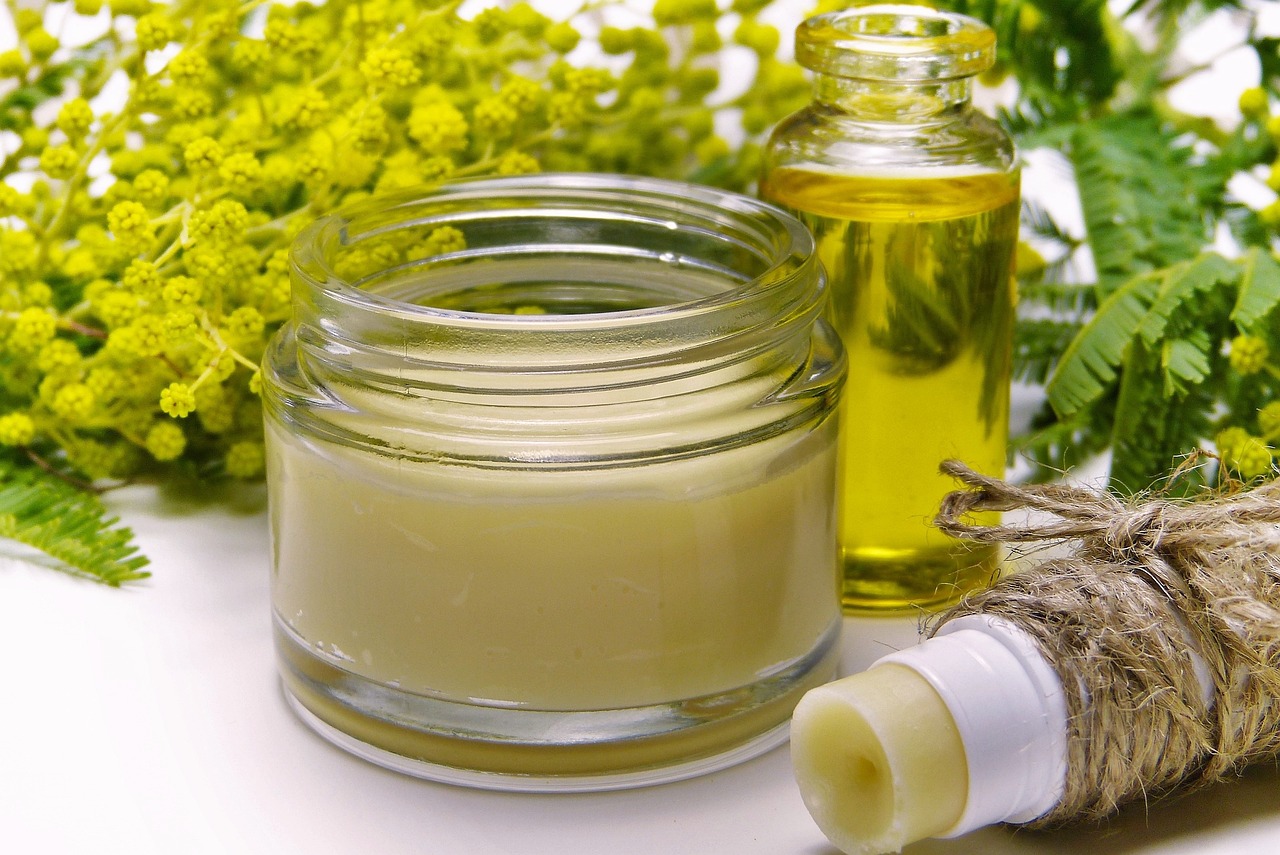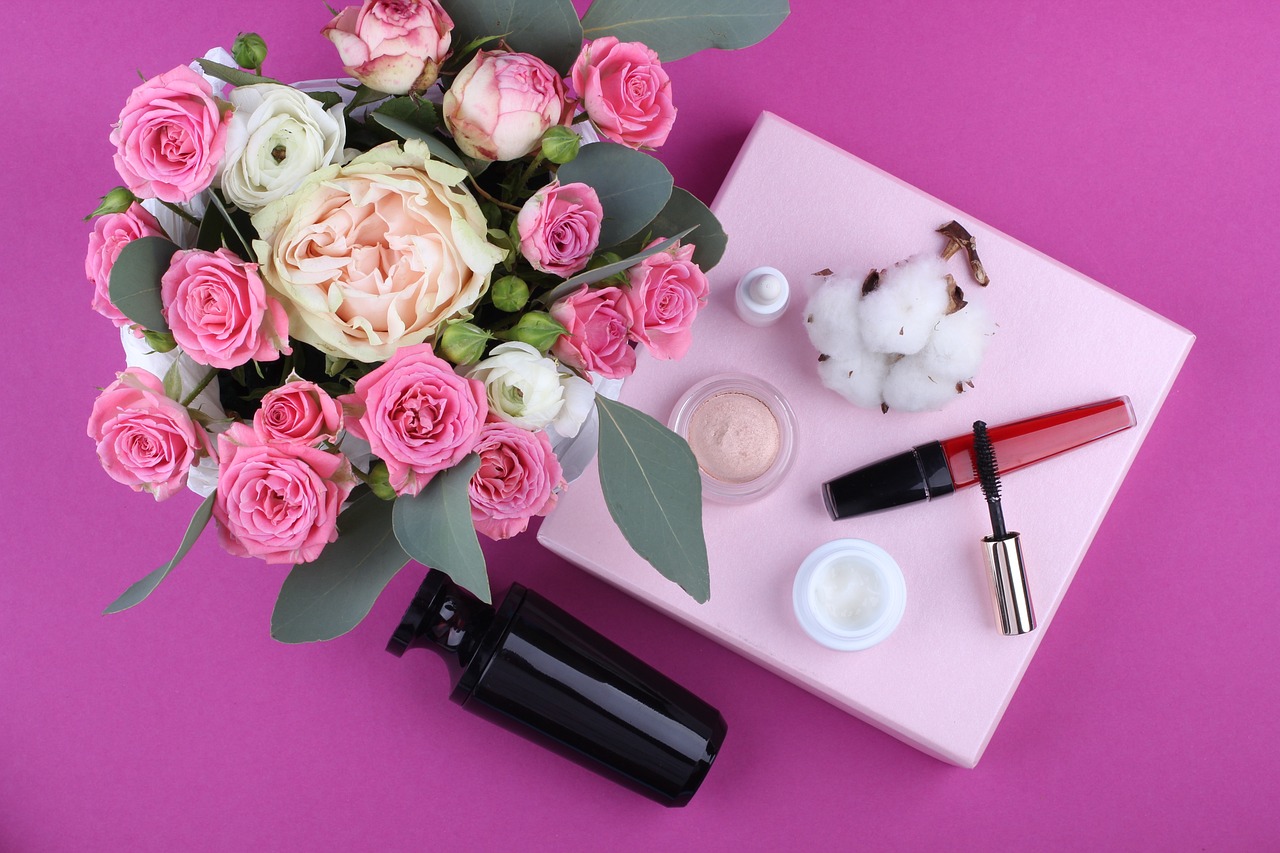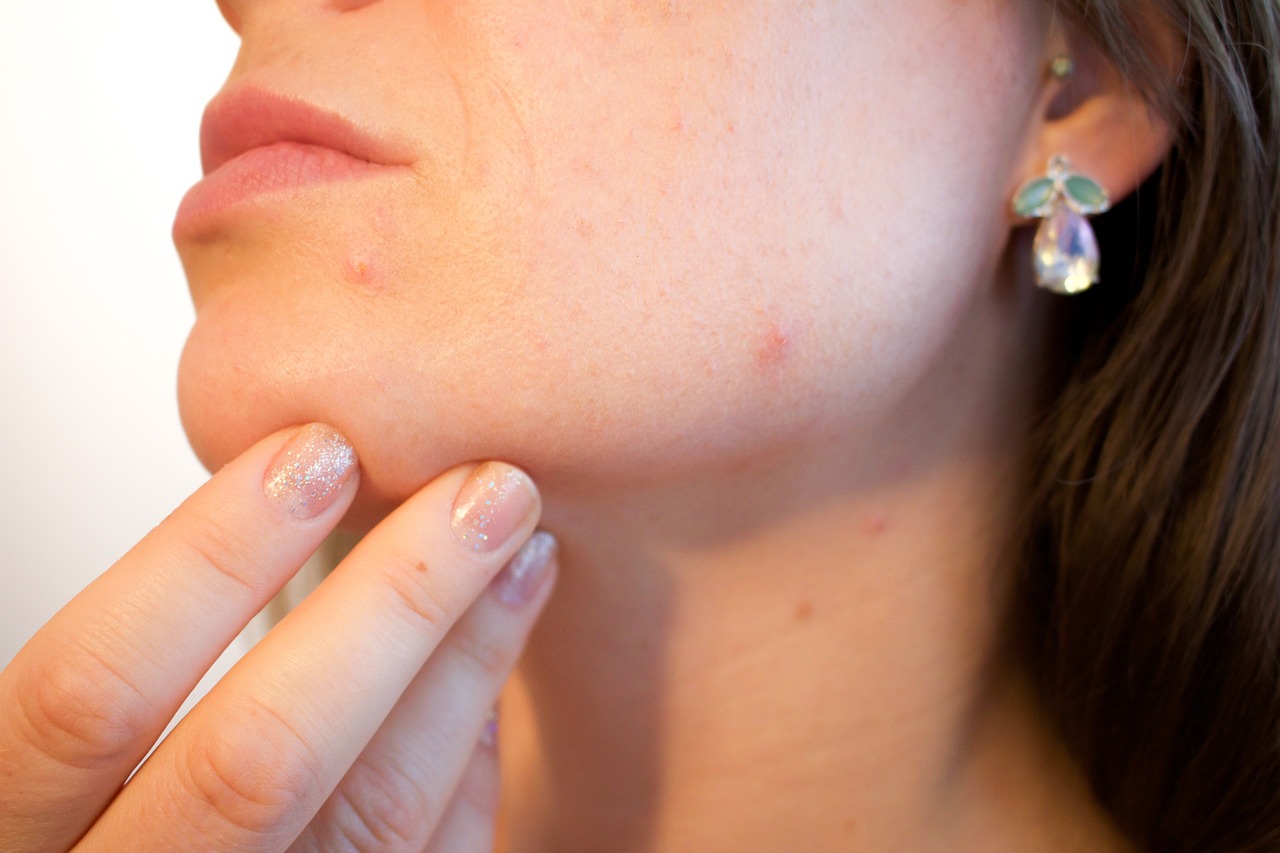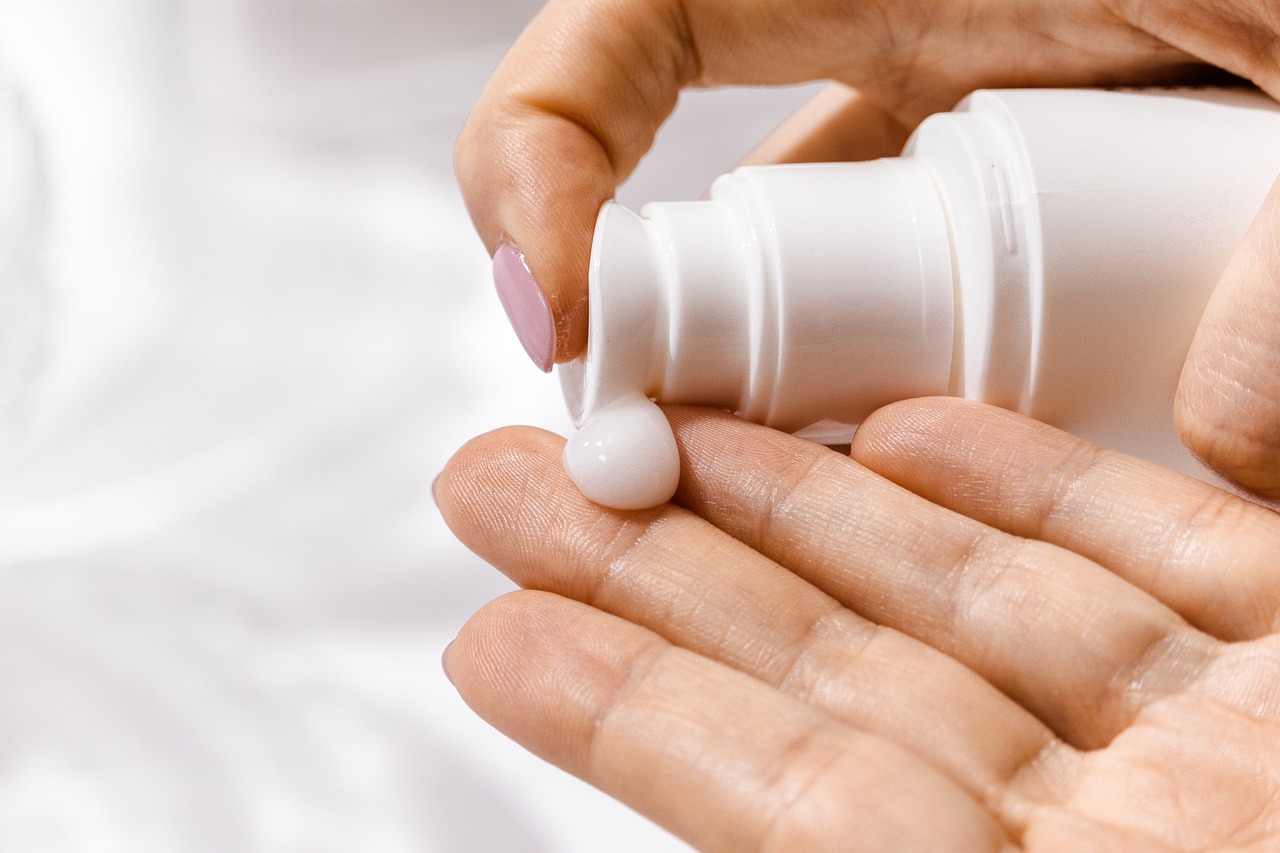Who doesn’t dream of having glowing, flawless skin? The pursuit of radiant skin has been at the heart of beauty routines for centuries, but with the abundance of products and advice available today, it can be overwhelming to figure out where to begin. Radiant skin is not just a matter of genetics—although they do play a role—it’s also about following good skincare habits and understanding what your skin needs to thrive. This guide will break down some of the most effective ways to achieve naturally radiant skin that will have you looking and feeling your best.
Know Your Skin Type
Before diving into any skincare routine, it’s crucial to understand your skin type. Whether you have oily, dry, combination, or sensitive skin, knowing your type helps you tailor your routine for the best results. Different skin types require different ingredients and treatments. For instance, while someone with oily skin may need oil-control products, a person with dry skin might need intense hydration.
- Oily Skin: Tends to produce excess sebum, leading to shine and enlarged pores.
- Dry Skin: Can feel tight and often lacks moisture, leading to flakiness and dullness.
- Combination Skin: Typically features an oily T-zone (forehead, nose, and chin) with dry or normal cheeks.
- Sensitive Skin: Can be prone to irritation, redness, and reactions to certain products.
Understanding your skin type helps you choose the right products, avoid irritation, and keep your skin balanced, which is the foundation of any effective skincare routine.
The Importance of Cleansing
Cleansing is a fundamental step in achieving radiant skin. Throughout the day, your skin accumulates dirt, sweat, oil, and pollutants that can clog pores and dull your complexion. Cleansing properly removes these impurities, allowing your skin to breathe and absorb other skincare products more effectively.
To avoid stripping your skin of its natural oils, choose a gentle, sulfate-free cleanser. Over-washing or using a harsh cleanser can damage your skin barrier, leading to irritation and dehydration. Ideally, cleanse your skin twice a day—once in the morning to remove any sweat and oil accumulated overnight, and once at night to get rid of makeup, pollutants, and dirt from the day.
Hydration: The Secret to Glow
Well-hydrated skin is happy skin. Dehydration can cause your skin to look dull, flaky, and lifeless, making hydration one of the most important components of any radiant skin routine. There are two main aspects to keeping your skin hydrated—internal and external hydration.
Internal Hydration: Drinking plenty of water throughout the day is crucial for overall skin health. Water helps flush toxins out of your body, supports healthy skin function, and keeps your complexion looking plump and bright.
External Hydration: Moisturizing products help to lock in moisture and maintain your skin’s barrier. Start with a hydrating serum containing hyaluronic acid, a substance that can hold up to 1,000 times its weight in water, followed by a moisturizer that suits your skin type. For oily skin, a lightweight, non-comedogenic moisturizer works best, while those with dry skin may benefit from a richer, cream-based formula.
The Power of Exfoliation
Exfoliation is key to removing dead skin cells that can build up on the surface, making your skin look dull and preventing your products from being effectively absorbed. Regular exfoliation reveals a fresher, brighter complexion and helps smooth out your skin texture. There are two main types of exfoliation—physical and chemical.
- Physical Exfoliation: Uses scrubs, brushes, or exfoliating pads to manually slough off dead skin. Be gentle with physical exfoliants; harsh scrubs can create micro-tears in the skin, leading to irritation.
- Chemical Exfoliation: Uses acids like alpha hydroxy acids (AHAs) and beta hydroxy acids (BHAs) to dissolve the bonds between dead skin cells. Chemical exfoliants tend to be more effective for deep exfoliation and are less likely to cause irritation when used properly.
The frequency of exfoliation depends on your skin type. Most people can benefit from exfoliating one to three times per week, but sensitive skin may need less frequent exfoliation to avoid irritation.
Nourish Your Skin with Serums
Serums are the superheroes of skincare, delivering potent ingredients directly to the skin. Choosing the right serum can address specific concerns and boost radiance.
- Vitamin C Serum: Vitamin C is a powerful antioxidant that helps brighten skin, fade dark spots, and protect against free radical damage. Using a vitamin C serum in the morning can help keep your skin looking radiant throughout the day.
- Niacinamide: This multi-tasking ingredient can help improve skin texture, regulate oil production, and reduce the appearance of pores. It’s gentle enough for sensitive skin and can work wonders for maintaining an even, glowing complexion.
- Retinol: A form of vitamin A, retinol is known for its ability to accelerate cell turnover, which helps improve skin tone and texture while minimizing fine lines. Retinol is best used at night, but be sure to start with a low concentration to avoid irritation.
Sun Protection is Non-Negotiable
The sun’s ultraviolet rays are one of the primary causes of premature skin aging, hyperpigmentation, and dullness. Applying sunscreen daily—even on cloudy days—is essential for maintaining healthy, radiant skin.
Choose a broad-spectrum sunscreen with at least SPF 30 to protect your skin from both UVA and UVB rays. If you’re concerned about a greasy or heavy feeling, opt for a lightweight, oil-free formula that works well under makeup. Remember to reapply every two hours if you’re spending time outdoors.
Diet and Lifestyle
Great skin doesn’t just come from the products you apply topically—it’s also influenced by your diet and lifestyle. Radiant skin often starts from within, and what you eat can have a significant impact on your complexion.
- Antioxidant-Rich Foods: Foods like berries, leafy greens, nuts, and seeds are packed with antioxidants that help protect your skin from environmental damage and support healthy cell regeneration.
- Healthy Fats: Omega-3 fatty acids found in foods like salmon, walnuts, and flaxseed help maintain your skin’s lipid barrier, keeping it hydrated and plump.
- Limit Sugar and Processed Foods: High sugar levels can lead to inflammation, breakouts, and dullness. Reducing your intake of sugar and processed foods can help improve your skin’s overall clarity.
In addition to your diet, managing stress is crucial for radiant skin. Chronic stress can trigger inflammation, exacerbate skin conditions like acne and eczema, and hinder the skin’s natural healing processes. Regular exercise, meditation, and ensuring you get enough sleep are all ways to keep stress at bay and support healthy skin.
The Importance of Sleep
Sleep is the time when your body repairs and regenerates—including your skin. Getting adequate sleep helps your skin stay clear, reduces the appearance of dark circles, and promotes a glowing complexion. Aim for seven to nine hours of quality sleep each night, and try to establish a bedtime routine to help you wind down. You can also use a silk pillowcase to minimize friction and avoid unnecessary wrinkles.
Keep It Simple
When it comes to skincare, more isn’t always better. Overloading your skin with too many products can lead to irritation, imbalance, and less-than-glowing results. Start with a few essentials: a gentle cleanser, a hydrating serum, a moisturizer, and a sunscreen. Once your skin has adjusted to a consistent routine, you can slowly introduce more products like exfoliants and serums for targeted treatment.
Consistency Is Key
The path to radiant skin is not about quick fixes—it’s about consistency. Even the best products in the world won’t deliver results if they’re used sporadically. Stick to a routine that works for your skin, and give it time. Most products need at least four to six weeks to show visible results, so be patient.
Avoid Over-Touching Your Face
One often-overlooked tip is to avoid touching your face throughout the day. Our hands come into contact with a wide range of bacteria and dirt, which can easily be transferred to our skin, leading to clogged pores and breakouts. Make an effort to keep your hands away from your face and avoid picking at blemishes, as this can lead to scarring.
Face Masks: A Weekly Treat
A weekly face mask can give your skin the extra boost it needs. For oily or acne-prone skin, a clay mask can help absorb excess oil and purify the pores. For dry or sensitive skin, a hydrating sheet mask or cream mask can provide an extra dose of moisture and calm any irritation. Consider it a self-care ritual—taking 15-20 minutes out of your week to relax with a face mask can benefit both your skin and your mental well-being.
Keep Skin Barrier Health in Mind
Your skin barrier—the outermost layer of your skin—plays an essential role in protecting against environmental damage, locking in moisture, and keeping irritants out. When your skin barrier is compromised, you may experience redness, dryness, and irritation. Ingredients like ceramides, glycerin, and panthenol help support the skin barrier and keep it strong and resilient. Avoid over-exfoliating, as this can strip away the protective barrier and lead to increased sensitivity.
Conclusion
Achieving radiant skin doesn’t require an elaborate 10-step routine or the most expensive products on the market. It comes down to understanding your skin, sticking to good habits, and addressing the specific needs of your skin type. By focusing on gentle cleansing, hydration, sun protection, and a healthy lifestyle, you can cultivate a skincare routine that works for you, leaving you with naturally radiant, glowing skin.











